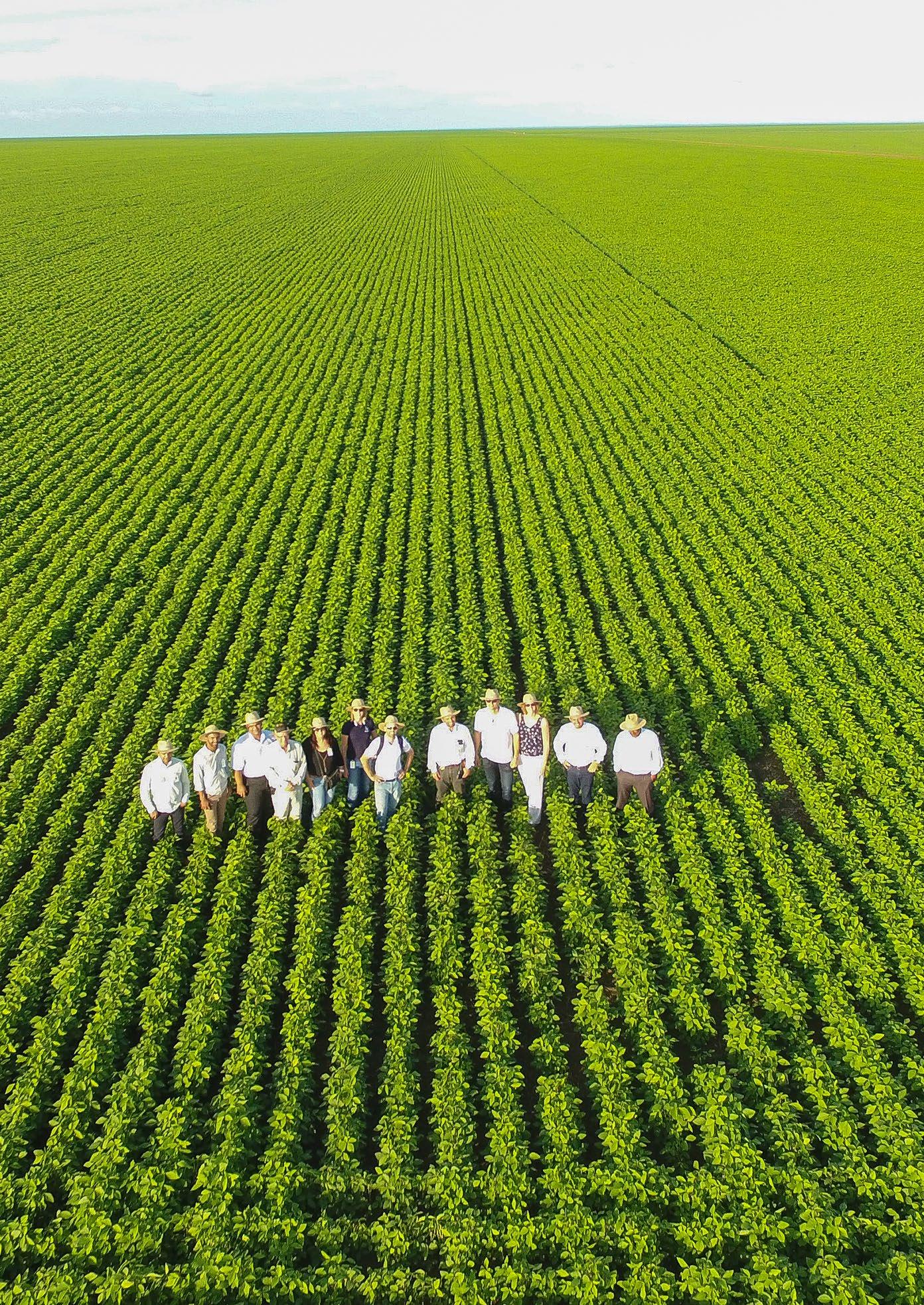
2 minute read
1. NO POVERTY
NO POVERTY
SDG #1 aims to eradicate poverty in all its forms and dimensions by 2030. People living in extreme poverty struggle to fulfil their most basic needs, including establishing access to health care, education, water and sanitation, and more. In 2015, more than 700 million people (10% of the world’s population) lived in extreme poverty - surviving on less than $1.90/a day. The overall number of people living in extreme poverty has declined since 1990. However, the COVID-19 pandemic has contributed to the reversing of the trend.8
The RTRS Standard supports SDG 1 by ensuring that workers on certified farms are fairly compensated for their work, and that local communities and indigenous peoples have sustained access to economic resources, crucially, through retaining their legal land rights.
SDG TARGETS AND RELATED RTRS INDICATORS
SDG Targets
1.1 By 2030, eradicate extreme poverty for all people everywhere, currently measured as people living on less than $1.25 a day. 1.2 By 2030, reduce at least by half the proportion of men, women and children of all ages living in poverty in all its dimensions according to national definitions.
1.4 By 2030, ensure that all men and women, in particular the poor and the vulnerable, have equal rights to economic resources, as well as access to basic services, ownership and control over land and other forms of property, inheritance, natural resources, appropriate new technology and financial services, including microfinance.
RTRS Indicators
RTRS: 2.5.8
RTRS requires that a normal working day of 8 hours earns workers at least the national or sector established minimum wage.
RTRS: 1.2.1, 2.1.2, 3.2.1, 3.2.2, 3.2.4
RTRS requires that workers should retain exclusive control over identity papers, salary, benefits, and property (2.1.2). Moreover, the Standard requires that producers are able to document the legal evidence of right to use the land, and that in case of a dispute a community rights assessment is conducted, including identification of sites of special importance, thus ensuring that local and indigenous communities can continue their land use and preserve land rights (1.2.1, 3.2.1, 3.2.2, 3.2.4).
SDG 1: Case study
Title: RTRS certification in Mozambique (2017-2019)
Organisation: Solidaridad Network & Sustainable Pork Value Chain Association
Location: Mozambique, Africa
Case: Responsible soy is economically viable, socially beneficial, and environmentally appropriate. The Sustainable Pork Value Chain Association from The Netherlands (in Dutch, Keten Duurzaam Varkensvlees, KDV) and Solidaridad Network carried out a project to give support to 2,000 soy farmers to become RTRS certified through introducing sustainable farming methods. In the first year (2017) of the project, two Producers’ Associations, Associação Nsuzumire and Associação Agropecuária Tilimbique, received support for members willing to obtain RTRS certification. This means that 223 producers were certified in the country (including acquisition of land rights).










